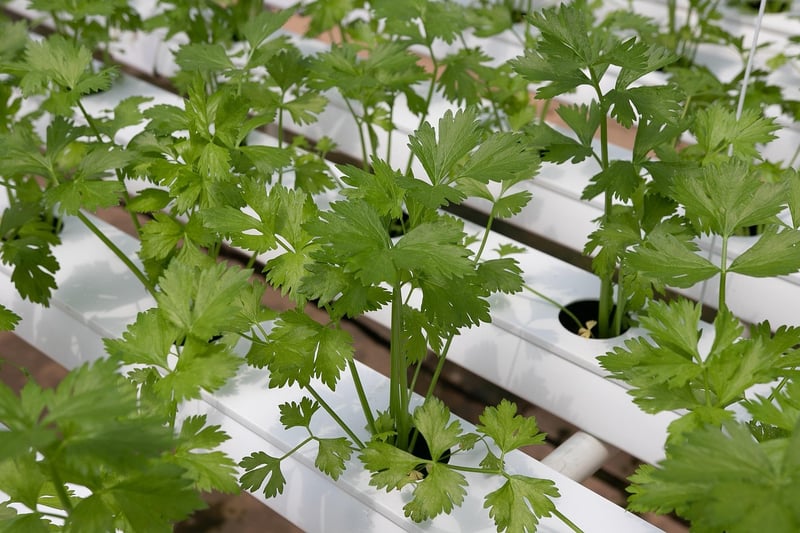Urban Agriculture
The Rise of Vertical Farming in Urban Agriculture
Urban agriculture is taking on a new dimension with the innovative concept of vertical farming. As urban spaces become increasingly limited and the global population continues to rise, traditional farming methods are facing challenges. Vertical farming offers a sustainable solution by growing crops in vertically stacked layers, utilizing innovative technologies to maximize efficiency and productivity.
Advantages of Vertical Farming
Vertical farming presents a range of benefits that make it a promising solution for urban agriculture:
- Space Efficiency: Vertical farming allows for the cultivation of crops in a smaller footprint compared to traditional farming methods, making it ideal for urban environments.
- Year-Round Production: By controlling environmental factors such as light, temperature, and humidity, vertical farms can produce crops throughout the year, independent of seasonal changes.
- Water Conservation: Vertical farming uses up to 95% less water than conventional farming by recirculating and reusing water in a closed-loop system.
- Reduced Carbon Footprint: By locating farms closer to urban centers, vertical farming reduces the need for long-distance transportation, cutting down on carbon emissions.
- Pesticide-Free: Controlled indoor environments in vertical farms reduce the need for pesticides, offering consumers healthier and safer produce.
Technologies Driving Vertical Farming
Several cutting-edge technologies are revolutionizing the field of vertical farming:
- LED Lighting: Energy-efficient LED lights provide specific light spectrums that promote plant growth, allowing vertical farms to optimize energy consumption.
- Hydroponic Systems: Plants are grown in nutrient-rich water solutions, eliminating the need for soil and enabling faster growth rates.
- Aeroponics: Roots are exposed to a mist environment with nutrients, promoting rapid growth and maximizing space utilization.
- IoT and Data Analytics: Sensors collect data on plant health, growth conditions, and resource usage, allowing for precise adjustments and optimization.
Future Prospects
The future of urban agriculture lies in the vertical farming industry, with projections indicating significant growth in the coming years. As technology continues to advance and sustainability becomes a top priority, vertical farming is poised to play a crucial role in feeding urban populations while minimizing environmental impact.
Embrace the vertical farming revolution and join the movement towards sustainable urban agriculture!

Learn more about vertical farming here.
